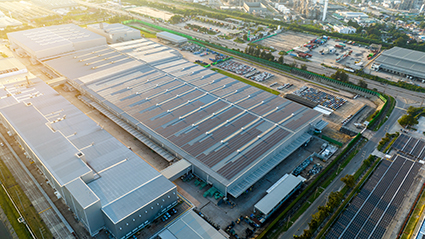Urban Logistics Hubs Roundtable

Urban logistics is a fundamental component of life in a city: grocery stores, restaurants, retail shops, the construction sector and individual customers rely heavily on the distribution of goods to fulfil their consumer and business demands. At the same time, freight transport operations are responsible for around half of the local air pollutants in cities and can generate a large amount of congestion and greenhouse-gas emissions.
Urban logistics hubs are spaces in which key logistical functions are carried out. Examples include consolidating shipments coming to an urban area; sorting goods and fragmenting loads into smaller ones to facilitate the shift from larger to smaller vehicles; facilitating distribution into close-by areas; and storing goods are carried out. Recent trends in goods deliveries, as well as growing regulatory demands, make urban logistics increasingly complex. This complexity is driven by the vast range of activities resulting from a variety of actors with different and often conflicting economic, social and environmental needs and goals.
These rapid and continuing changes in the sector pose significant challenges to public authorities in understanding the sector and regulating it effectively. Further development of urban hubs, and better linkages of hubs with other aspects of the logistics chain could potentially improve the sustainability performance of the sector, while also offering economic efficiency gains.
This Roundtable was part of the ITF’s 2022-23 Programme of Work. A report summarising the issues discussed during the Roundtable will be published in 2024.